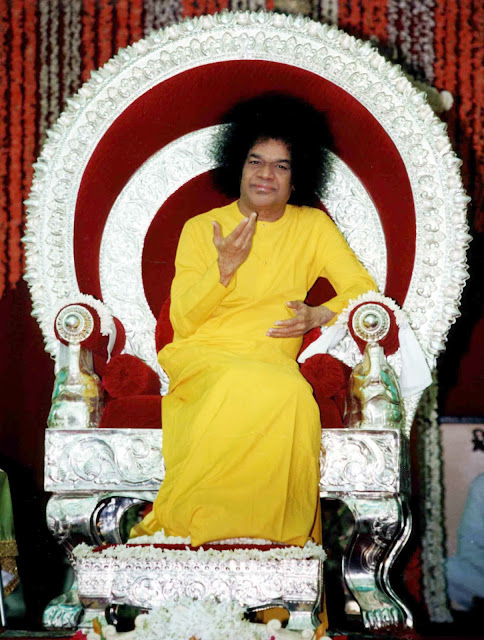685 - Swami Tejomayananda
=========================================================================
=========================================================================
Thursday, December 22, 2022. 06:00.
True Dharma Begets Peace, Purity And Prosperity :
========================================================================
To understand the wisdom and scope of dharma shastra, we need to understand the meaning of the two words, ‘dharma’ and ‘shastra’.
The word that most aptly denotes dharma shastra is samvidhan, constitution. Dharma is that universal, divine constitution that relates to all human beings – to be happy in this world and beyond. It deals with human life in its totality.
Every nation has a constitution designed to govern its peace, prosperity and development. However, it applies only to the present life of its citizens, whereas the scope of dharma is vast, deep and altogether different. Being a universal constitution, it follows its own set of rules and regulations. One may escape the law or constitutions of the world but not these divine laws.
Succinctly stated, shastra is a systematic exposition of any particular subject in totality, covering all its aspects. That which teaches, protects and saves you from life’s pitfalls is called shastra. Great acharyas have also defined it as that in which lies your own good, welfare and well-being. When we use the word ‘shastra’ to mean ‘science’, it has a certain connotation. But when used for some religious or holy scripture, it denotes something more than just systematic knowledge.
Bhagwan Shankaracharya refers to the goal of dharma as the means by which human beings reach ‘abhyudaya’ and ‘nishreyasa’. Abhyudaya refers to all-round prosperity, which also includes peace. Nishreyasa means absolute good and translates as liberation from all bondages. Thus, the goal of dharma is peace within as well as in the outside world. External prosperity is possible only with external peace. Dharma practised out of love, respect and understanding, fosters peace, purity and prosperity – leading to total fulfilment.
How does one know whether one is following dharma? An action that befits social norms, is endorsed by the Vedas, respects the norms of good conduct, and has one’s own approval – follows the tenets of dharma. Manusmriti lists ten values as the core fundamentals of dharma – fortitude, forgiveness, control and discipline over the senses, non-stealing, cleanliness and purity, control over organs of action and perception, discriminative knowledge, humility, truth and freedom from anger.
Following these values is the path of dharma, it begets the 3Ps – peace, purity and prosperity; it is when real happiness arises in the heart. It holds, upholds, maintains, sustains, integrates and unites the great values of life. The performance of our ordained duties and dedicating all karmas to the total good – leads us to absolute good that is translated as moksha, liberation from all bondages.
When the individual is sustained by dharma in its totality and adheres to it, and has the Guru’s grace, he merges with the Infinite.
The writer belongs to Chinmaya Mission
=========================================================================








Comments
Post a Comment